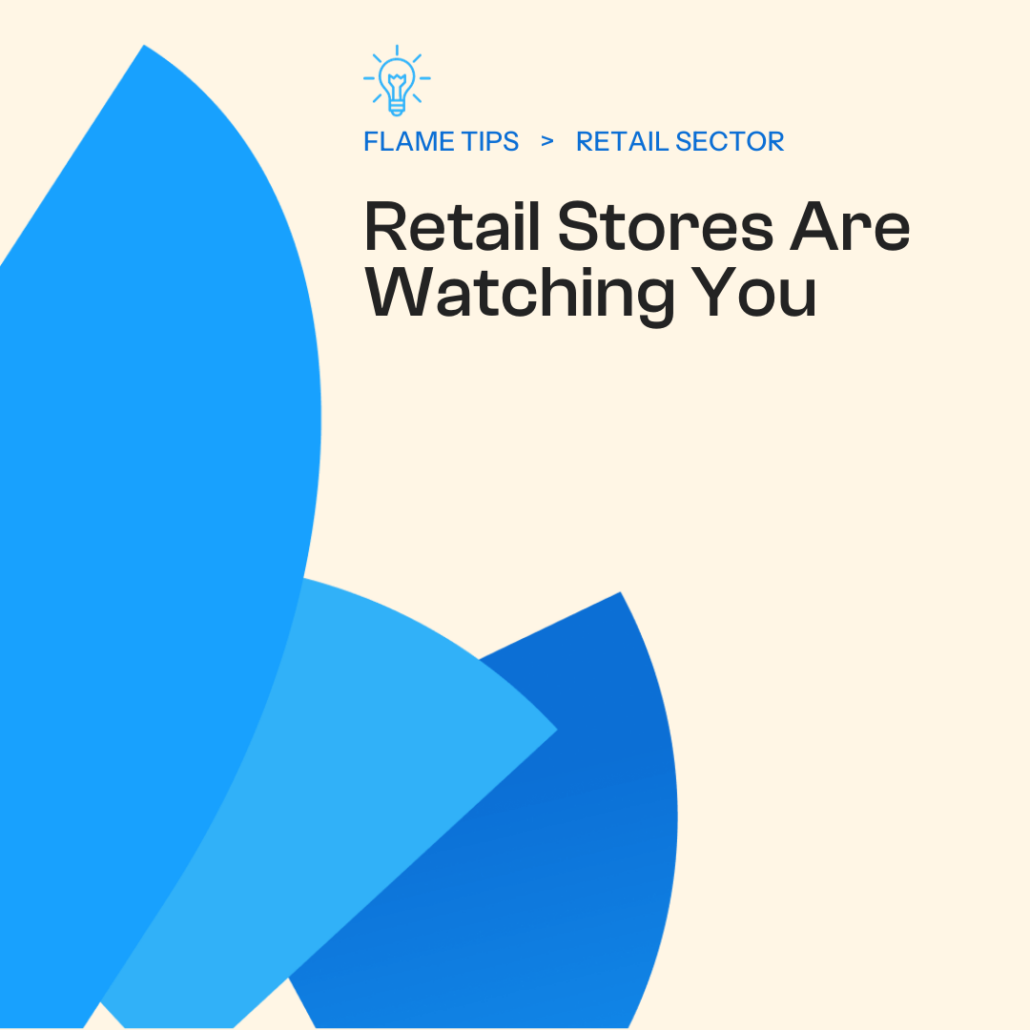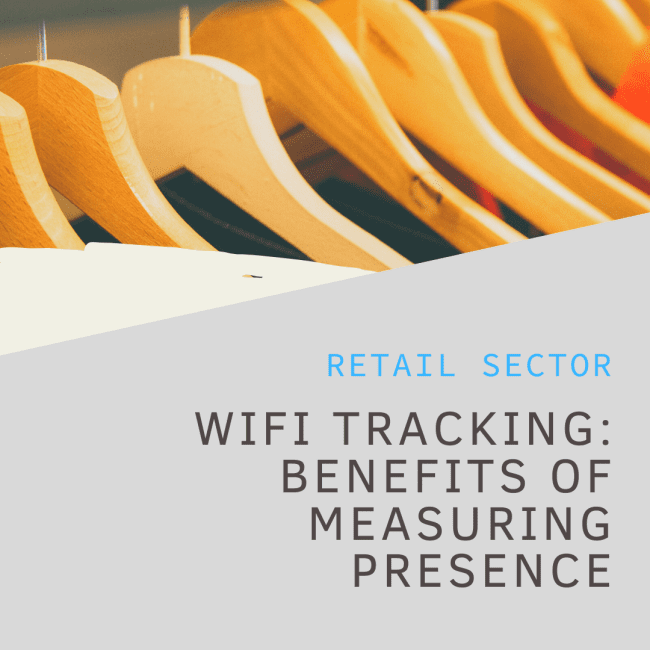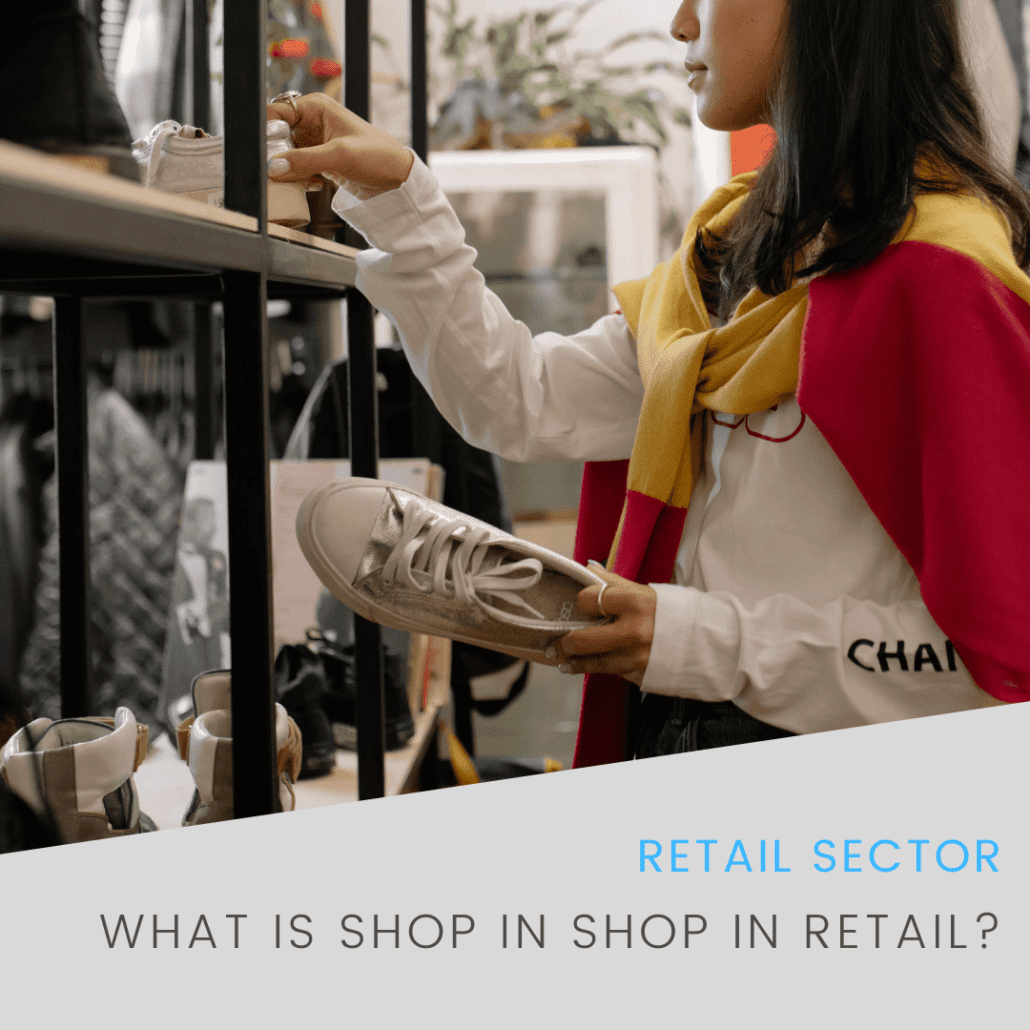Most of us are now accustomed to, or at least willing to accept the fact, that our Internet activities are tracked by cookies. But are we ready to be tracked by our phones when we enter physical stores?
Regardless how you feel, it’s happening now at Nordstrom, Home Depot, and many other stores. These retailers have hired companies that use the Wi-Fi antennas in stores to monitor each person’s smartphone ping signals. Stores can track a myriad of behaviors, including how many people enter the store, how long they stay, and the aisles they walk down.
“Three years ago, I went to the Stanford mall in Palo Alto and could count about 30 percent of the people there” by listening for Wi-Fi signals, said Will Smith, chief executive at Euclid Analytics, that provides these services. “Now in San Francisco, it’s about 60 percent. In Atlanta or Charlotte, it’s 40 percent.”
Euclid Analytics has about 100 customers and has already tracked approximately 50 million devices in 4,000 locations. The most popular analytics for retailers is the “bounce rate”, or the percentage of people who visit a store and leave without making a purchase. The technology can also be used to ensure there is enough sales help or open registers. Determining how people move around a store can help stores decide where to place low-margin and high-margin items.
Tracking people from their cell phones certainly raises privacy concerns, Euclid admits adding that it only gives its customers anonymous data in an aggregated form, so individuals can’t be identified.
Euclid isn’t the only company providing retail in-store tracking services, with Nomi, RetailNext, and Path Intelligence offering similar services. Nomi even offers tracking for a company’s window displays, to identify the highest “window-conversion rates” which it does for a New York City cupcake shop.
However, concerns have already surfaced regarding retail tracking. New York Senator Chuck Schumer criticized the practicesin 2011 after two malls in New York began tracking customers. Influenced by his concerns, the malls soon ditched the practice. Senator Schumer then urged Path Intelligence to gain consent from shoppers before it begins to track their movements through their cell phones by using an opt-in mechanism.
“A shopper’s personal cell phone should not be used by a third party as a tracking device by retailers who are seeking to determine holiday shopping patterns,” said Schumer in a release. “Personal cell phones are just that – personal. If retailers want to tap into your phone to see what your shopping patterns are, they can ask you for your permission to do so. It shouldn’t be up to the consumer to turn their cell phone off when they walk into the mall to ensure they aren’t being virtually tailed.”
The only way to opt out of this practice is to turn off a phone upon entering a store, which Schumer noted was an unacceptable option. Schumer also sent a letter to FTC Chairman Jon Leibowitz to examine how this new technology fits in with existing consumer privacy regulations.
“To add insult to injury, this company says the only way to opt-out is to turn off your phone,” Schumer said. “But shoppers shouldn’t have to turn off their phones just to protect their privacy, and asking parents or children to turn off their phones when they rely on them to stay connected is simply unacceptable.”
Chandler Harris is a freelance business and technology writer located in Silicon Valley. He has written for numerous publications including Entrepreneur, InformationWeek, San Jose Magazine, Government Technology, Public CIO, AllBusiness.com, U.S. Banker, Digital Communities Magazine, Converge Magazine, Surfer’s Journal, Adventure Sports Magazine, ClearanceJobs.com, and the San Jose Business Journal.






